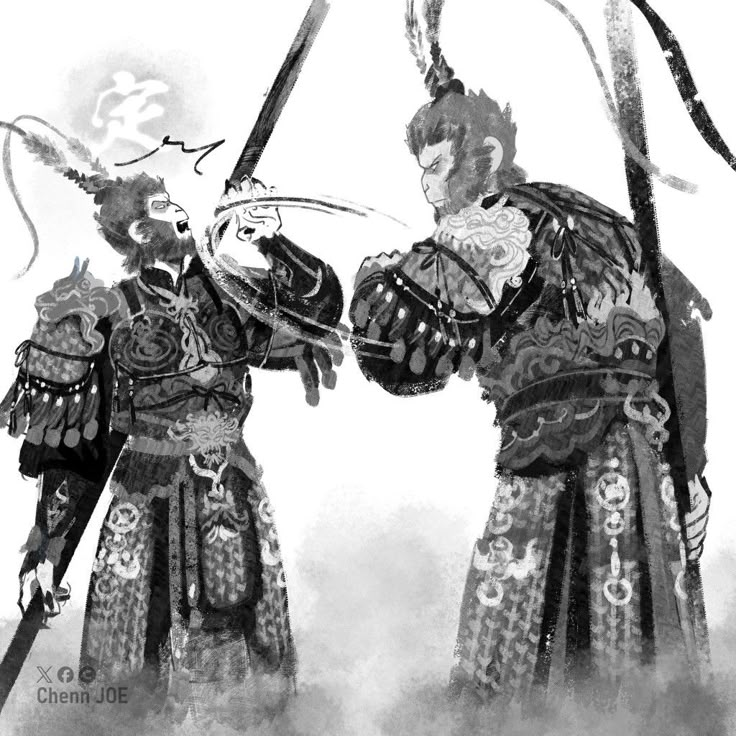Navigating The Chinese Market: The Struggles Of BMW, Porsche, And Beyond

Table of Contents
Intense Competition and Local Players
The Chinese market is not only vast but also fiercely competitive. Established domestic brands like Geely, BYD, and Great Wall Motors are rapidly gaining market share, often offering technologically advanced vehicles at competitive prices. This intense competition puts immense pressure on established luxury brands like BMW and Porsche, forcing them to constantly innovate and adapt. The rise of these domestic players is fueled by several factors:
-
Rise of electric vehicles (EVs) from Chinese manufacturers: Chinese automakers are leading the charge in EV technology, offering a wide range of electric vehicles at various price points, often exceeding the offerings of international competitors in terms of range and features. This presents a significant challenge to established luxury brands that are still transitioning their portfolios to EVs.
-
Aggressive pricing strategies by domestic brands: Domestic brands often employ aggressive pricing strategies, undercutting the prices of established luxury brands and making their vehicles more accessible to a wider range of consumers. This price war significantly impacts the profitability of luxury carmakers.
-
Increasing sophistication and quality of Chinese-made cars: The quality and sophistication of Chinese-made cars have improved dramatically in recent years. Many domestic brands are now producing vehicles that rival, and in some cases surpass, the quality of their international counterparts.
-
The challenge of maintaining brand prestige against local competitors: Maintaining brand prestige and exclusivity in the face of increasingly sophisticated and competitively priced domestic brands is a significant challenge for luxury carmakers. They must constantly reinforce their brand image and highlight the unique value proposition of their vehicles.
Understanding Unique Consumer Preferences
Chinese consumers, particularly in the luxury segment, have distinct preferences and buying habits. Understanding these nuances is crucial for successful marketing and product development. Factors such as brand image, technological features, and social status play a significant role in purchase decisions. Effective strategies must consider:
-
The importance of social media marketing in China: Social media platforms like WeChat and Weibo are vital channels for reaching Chinese consumers. Luxury car brands must invest heavily in these platforms to build brand awareness and engage with potential customers.
-
The influence of online reviews and influencer marketing: Online reviews and influencer marketing carry significant weight in shaping consumer perceptions and purchase decisions. Luxury brands must actively manage their online reputation and leverage influencer collaborations effectively.
-
The preference for specific features and technologies amongst Chinese consumers: Chinese consumers often prioritize specific features and technologies, such as advanced driver-assistance systems (ADAS), large infotainment screens, and connected car services. Luxury brands must adapt their product offerings to meet these preferences.
-
Adapting marketing campaigns to resonate with Chinese cultural values: Marketing campaigns must be culturally sensitive and resonate with Chinese values and traditions. A one-size-fits-all approach will likely fail to connect with this discerning consumer base.
Navigating Regulatory Hurdles and Infrastructure
The Chinese automotive market is subject to complex regulations, including import tariffs, emission standards, and localization requirements. Navigating these regulations, along with infrastructural considerations, poses significant challenges for foreign companies. Key hurdles include:
-
The complexities of obtaining import permits and licenses: The process of obtaining the necessary permits and licenses to import and sell vehicles in China can be lengthy and complex.
-
Adapting vehicles to meet stringent emission standards: China has stringent emission standards, and luxury carmakers must ensure their vehicles comply with these regulations to avoid penalties.
-
The necessity of local partnerships and manufacturing facilities: Establishing local partnerships and manufacturing facilities is often crucial for success in the Chinese market. This allows for better adaptation to local needs and helps to navigate regulatory hurdles.
-
Dealing with variations in charging infrastructure for electric vehicles: The development and distribution of charging infrastructure for electric vehicles is still evolving in China. This requires careful consideration for EV manufacturers.
Localization and Cultural Adaptation
Successful market entry requires more than simply translating marketing materials. It necessitates a deep understanding of Chinese culture and a willingness to adapt products and services to meet local needs and preferences. This includes:
-
Tailoring product features to suit specific Chinese consumer preferences: This could involve offering features specific to Chinese driving conditions or integrating features that cater to local tastes and preferences.
-
Employing culturally sensitive marketing and advertising strategies: Marketing campaigns need to be carefully crafted to resonate with the values and cultural nuances of the Chinese market.
-
Providing multilingual customer service and support: Providing exceptional customer service in multiple languages is essential for building trust and loyalty with Chinese consumers.
-
Building strong relationships with local dealers and distributors: Strong relationships with local dealers and distributors are critical for successful market penetration and after-sales support.
Conclusion
The Chinese automotive market presents enormous opportunities for luxury brands but also significant hurdles. Success requires a multi-faceted approach, encompassing a deep understanding of consumer preferences, navigating regulatory challenges, adapting products and marketing strategies to local needs, and effectively competing against increasingly formidable domestic brands. Companies like BMW and Porsche that can effectively master these aspects will stand a greater chance of long-term success in this highly competitive market.
Call to Action: Understanding the nuances of navigating the Chinese market is critical for any luxury car brand aiming for success. Begin researching your strategies for entering this dynamic and lucrative market today. Learn more about effectively navigating the Chinese market and unlock the potential of this vast consumer base. Don't let the challenges deter you – the rewards of successfully navigating the Chinese market are immense.

Featured Posts
-
 I Enjoyed The Monkey But Kings Other 2024 Films Look Even Better
May 09, 2025
I Enjoyed The Monkey But Kings Other 2024 Films Look Even Better
May 09, 2025 -
 Edmonton Oilers Beat Kings In Overtime Series Now Tied 1 1
May 09, 2025
Edmonton Oilers Beat Kings In Overtime Series Now Tied 1 1
May 09, 2025 -
 Britannian Kuninkaallinen Perimysjaerjestys Paeivitetty Katso Uusi Lista
May 09, 2025
Britannian Kuninkaallinen Perimysjaerjestys Paeivitetty Katso Uusi Lista
May 09, 2025 -
 Dakota Dzhonson Sredi Laureatov Zolotoy Maliny Samye Neudachnye Filmy Goda
May 09, 2025
Dakota Dzhonson Sredi Laureatov Zolotoy Maliny Samye Neudachnye Filmy Goda
May 09, 2025 -
 Anomalnye Snegopady V Mae Problemy Meteoprognozov
May 09, 2025
Anomalnye Snegopady V Mae Problemy Meteoprognozov
May 09, 2025
